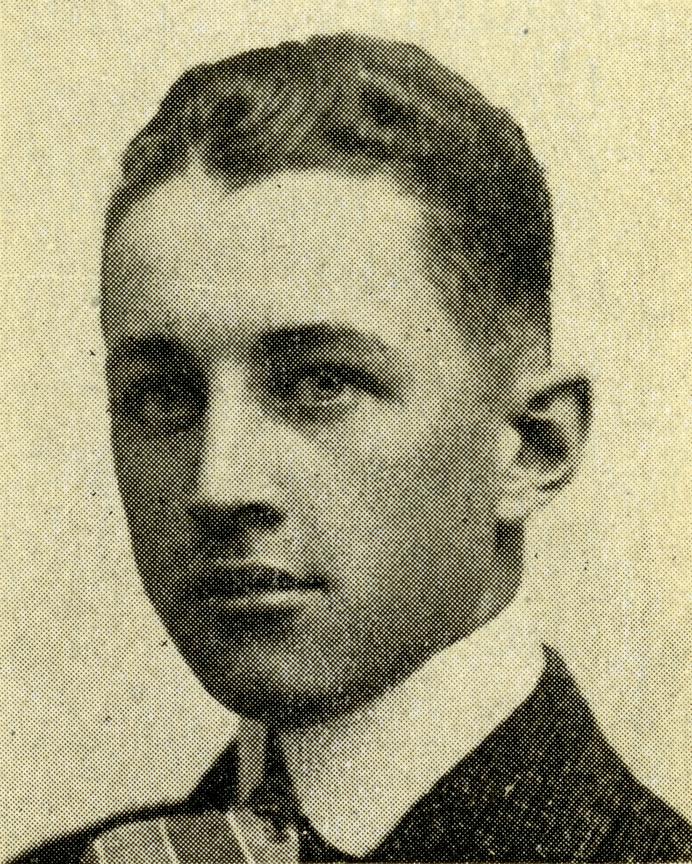Unit
2nd Canadian Infantry Battalion (Eastern Ontario)
Branch
Infantry
Service Component
Canadian Expeditionary Force
Service Number
8186
birth
1893/08/15
Huntingdon, Quebec, Canada
death
1917/03/13
Belgium
grave
Brussels Town Cemetery, plot X.11.3
Gender
Male
William Brooke was born 15 August 1892 in Huntingdon, Quebec to Charles J. Brooke and his wife Mary. He was the great grandnephew of Sir James Brooke, who after having put down a Dyak rebellion in Borneo, had been made the Sovereign of Sarawak in 1840. William Brooke’s father was a lawyer (K.C.) eventually becoming the County Crown attorney in Hull. By 1901, the family had moved to Ottawa with William the eldest of three children. Ten years later they were living on McLaren Street.
William joined the Canadian Expeditionary Force (CEF), attesting to the 2nd Canadian Infantry Battalion (Eastern Ontario) in Valcartier 23 September 1914. At this time the 2nd Battalion was made up of an amalgam of militia regiments drawn from the various towns and cities of eastern Ontario. It sailed for England initially in September but was held up at Gaspé for fear of U-boat action. Eventually the unit left in SS Cassandra as part of a convoy of 30 ships on 30 October. After initial training in England the battalion was embarked in SS Blackwell 7 February 1915 and quickly found itself in the trenches at Armentieres less than two weeks later. Its first battle was at Ypres (22 April - 25 May 1915) which commenced with the first major German chlorine gas attack of the war. Canadian units were moved in to seal the break in French lines occasioned by the gas attack. Canadian casualties were heavy, particularly among the 13th and 10th Battalions and the 2nd Battalion suffered some 543 killed, wounded and missing. Amongst the unit’s 307 missing at the end of the battle’s first phase was Private Brooke. On 28 July 1915, German authorities confirmed reports that Brooke had been made a prisoner-of-war. He was held initially in a camp at Giesen and subsequently moved to a camp at Bokeloh in Hanover. There, in June 1916, Brooke and 25 other men were involved in a disturbance which the Germans characterized as a “mutiny” by refusing to work and sentenced to 12 years imprisonment. He was sent to a high security prison in a castle at Wahn bei Koln where he died of pneumonia 13 March 1917.
Brooke is buried in the Brussels Town Cemetery, plot X.11.3, in the Commonwealth War Graves section and is remembered on page 207 of the First World War Book of Remembrance in Ottawa. After the war a number of prominent Canadians pushed the Canadian Geographic Board to remember the young soldier’s sacrifice and in 1919 a mountain in the Yukon was named after him.



